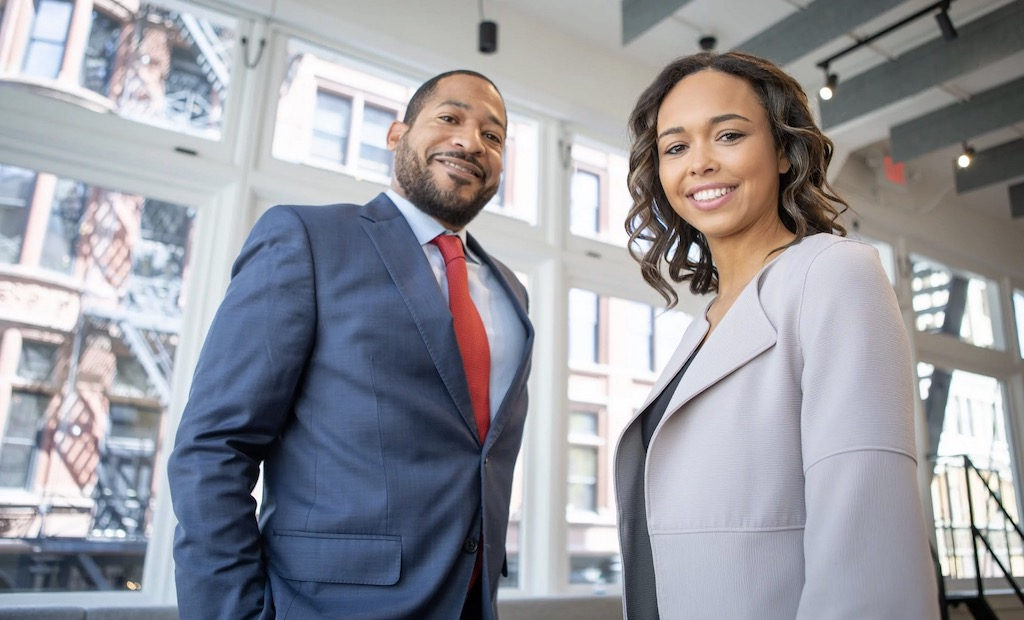Can an insolvent company handle a CVL without an insolvency practitioner?

A Creditor’s Voluntary Liquidation (CVL) is a process that involves the voluntary winding up of an insolvent company. The company’s directors initiate this process when they realise that the business is insolvent and can no longer continue trading. Some directors may be tempted to handle the process themselves, but it is important to note that a CVL must be handled by a licensed insolvency practitioner. Let’s explore why.
Who are insolvency practitioners?
Insolvency practitioners (IPs) are licensed professionals authorised to act as liquidators for companies that are entering into insolvency procedures – as happens during a CVL. IPs are regulated by professional bodies and are required to follow strict legal guidelines when processing a CVL. Using an insolvency practitioner ensures that the winding-down process is carried out fairly and transparently, and their impartiality ensures that the interests of all parties involved are protected.
What is the importance of an insolvency practitioner?
CVLs are complex processes that involve navigating a range of legal and financial issues that will differ depending on the exact situation. The process requires detailed knowledge of insolvency law, accounting, and tax regulations, as well as an understanding of the rights and obligations of each kind of stakeholder. Attempting to navigate these issues without the assistance of a licensed insolvency practitioner can lead to serious legal ramifications.
Minimising Director Liability
Another reason why a CVL needs to be handled by an insolvency practitioner is that it involves significant potential liabilities for the company’s directors. If the process is not handled properly, the directors can be held legally liable for any outstanding debts or other obligations of the company. This can have incredibly serious consequences, including personal bankruptcy.
Risk management
Insolvency practitioners are trained to manage the risks associated with a CVL and to ensure that the process is carried out in full accordance with the law. They have the expertise to negotiate with creditors on behalf of the company, to prepare and submit the necessary documentation, and to ensure that the company’s assets are distributed in an equitable manner in accordance with the law and all relevant contracts.
Optimising overall results
In addition to the legal and financial considerations listed above, engaging an insolvency practitioner can help to achieve the best possible outcome for all parties involved. IPs have a duty to act in the best interests of creditors, while also taking into account the interests of the company’s directors and employees. They’re skilled negotiators who can work to maximise the value of the company’s assets while minimising the negative impact on its creditors and employees.
To clarify, it is not possible for a company director to handle a CVL without an insolvency practitioner. Attempting to do so can lead to serious legal and financial consequences for the company’s directors, as well as a less favourable outcome for creditors and employees. For these reasons, it is essential to engage the services of a licensed insolvency practitioner when entering into a CVL.
The editorial unit























Facebook
Twitter
Instagram
YouTube
RSS